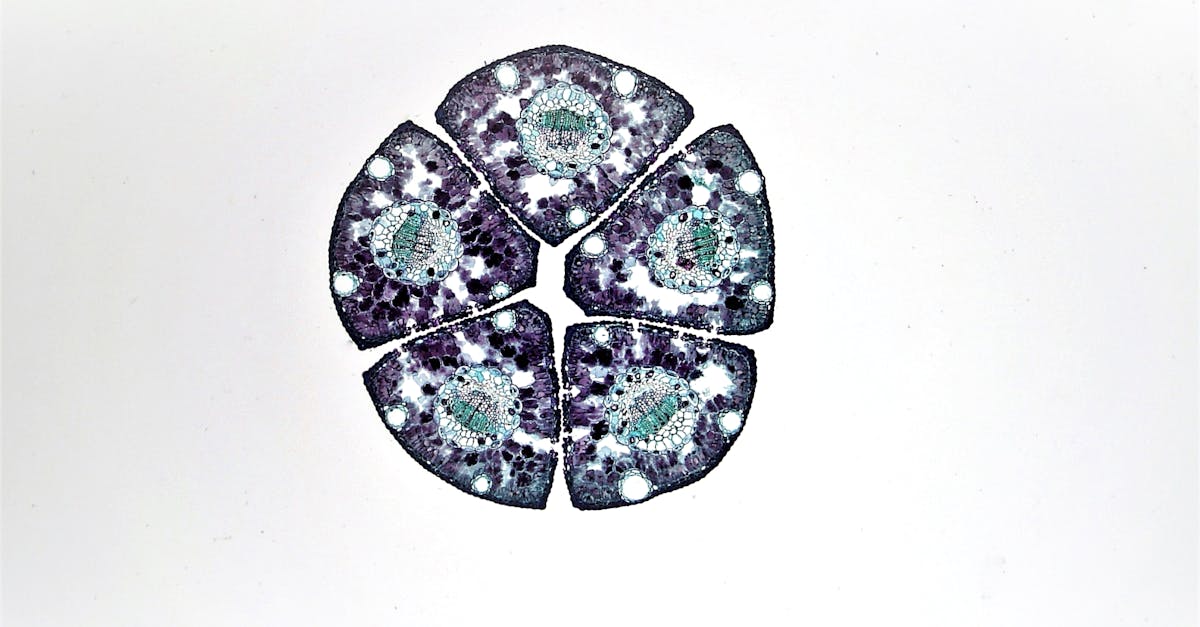The Role of Nanotechnology in Medicine
Nanotechnology has been revolutionizing various fields including medicine with its potential to improve diagnosis, treatment and prevention of diseases. In the medical field, nanotechnology is used to develop tiny machines that can be used for various purposes such as delivering drugs, treating cancer and performing surgeries.
One of the key areas where nanotechnology is making a significant impact in medicine is in the development of targeted drug delivery systems. Traditional methods of administering medicines often result in side effects due to the whole body being affected by the medication. However, with nanotechnology, tiny particles can be designed to carry specific medications directly to the affected area or cells, minimizing side effects and increasing efficacy.
Nanoparticles are also being used to develop new cancer treatments. Researchers have found that certain nanoparticles can selectively target cancer cells and deliver chemotherapy directly to them. This not only reduces the dosage of chemotherapy required but also minimizes damage to healthy cells. Furthermore, nanotechnology is being explored for its potential in developing diagnostic tools such as biosensors and imaging agents.
In addition to targeted drug delivery and cancer treatment, nanotechnology is also playing a significant role in tissue engineering and regenerative medicine. By using nanoparticles to deliver growth factors and stem cells to damaged tissues, researchers have been able to promote wound healing, regenerate organs and even grow new skin.
The potential of nanotechnology in medicine extends beyond these areas as well. Researchers are exploring its use in developing implantable devices such as pacemakers and artificial joints that can be powered by tiny nanoparticles. These particles can also be used to monitor vital signs and provide real-time feedback to medical professionals.
While the benefits of nanotechnology in medicine are vast, there are still several challenges that need to be addressed before it can become a mainstream treatment option. Safety concerns such as toxicity and biocompatibility must be thoroughly evaluated before these tiny machines can be used on humans. However, the potential of nanotechnology in revolutionizing the field of medicine cannot be overstated.
As research continues to advance, we can expect to see even more innovative applications of nanotechnology in medicine. With its ability to deliver targeted treatments and improve diagnostic accuracy, nanotechnology has the potential to transform the way we treat diseases and improve human health.
Photos provided by Pexels
